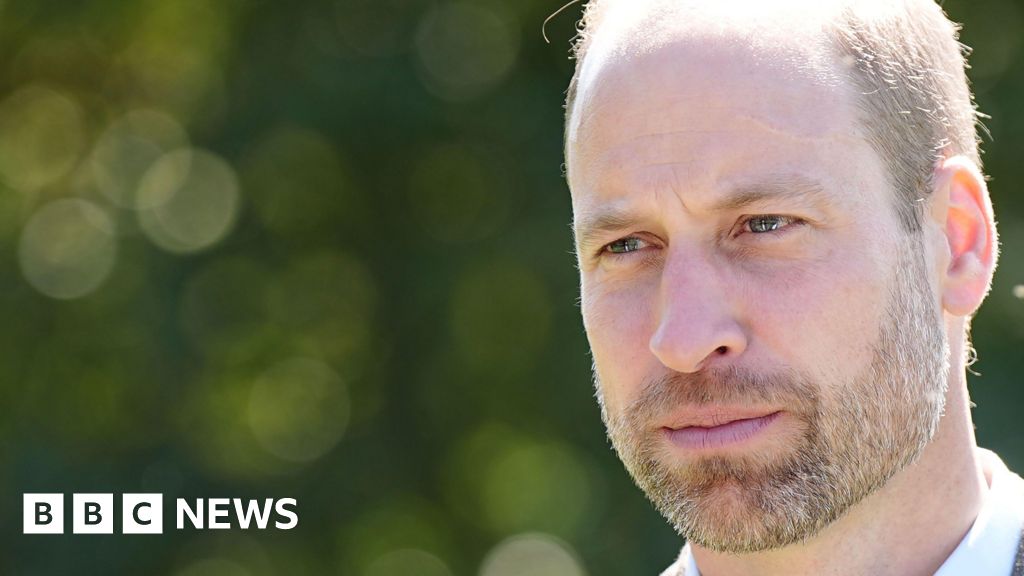The Great- or Our Lady's Church in Breda, with 6 centuries old Nassau graves, is a Protestant church.
On 1410 build as Catholic Church - seven years earlier, in 1403, Breda came in hands of the Nassaus as fief to the Duke of Brabant. In 1566 King Philip II of Spain, Duke of Brabant, confiscated all properties of Willem I of Nassau, Prince of Orange.
1577 Protestant - Breda conquered by Willem I van Nassau, Prince d'Orange
1581 Catholic - Breda conquered by Alessandro Farnese e Parma, Duca di Parma
1590 Protestant - Breda conquered by Maurits van Nassau, Prince d'Orange
1625 Catholic - Breda conquered by Ambrogio Spinola Doria e Grimaldi, Marchese di Balbases
1637 Protestant - Breda conquered by Frederik Hendrik van Nassau, Prince d'Orange
All Catholic elements were removed and an empty Protestant interior was the result. Right opposite the pulpit still is the - quite simple- bench for the Prince and Princess of Orange.
Picture:
http://www.lichtendekerk.nl/CMS/uploads/0interieur-Grote-Kerk-Breda.jpg
Picture: usually a bench is decorated with flowery arrangements when the King or Queen uses it. Right after the return of Queen Wilhelmina in Breda, 1945, it was sparse.
https://upload.wikimedia.org/wikipedia/commons/e/e5/Prinsenbank_Grote_Kerk_Breda_DSCF6037.JPG


